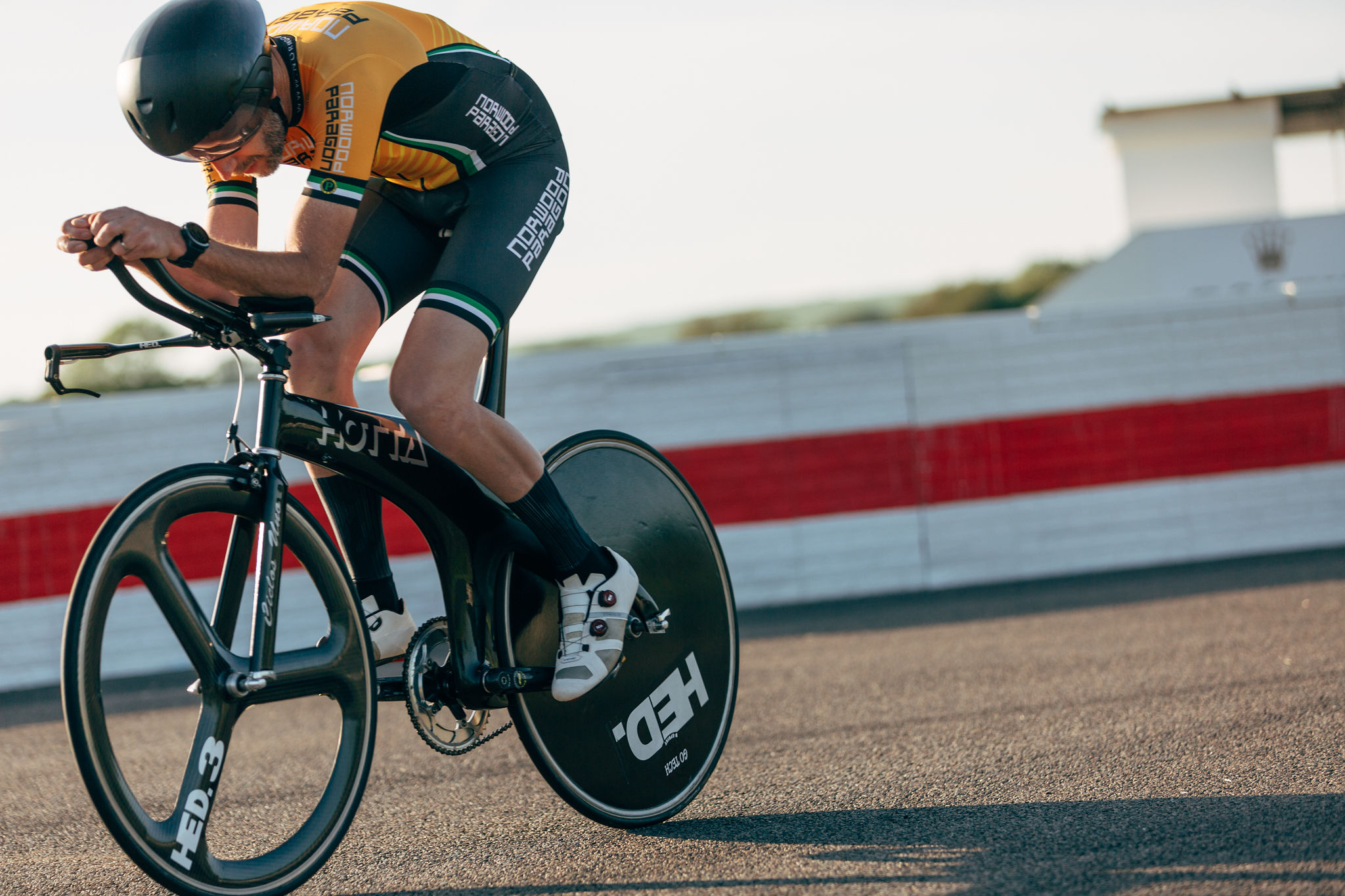What a month off alcohol taught me about my cycling... and myself
Dry January is over - time to crack open a magnum of champagne, or crack on with the abstinence?
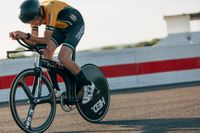
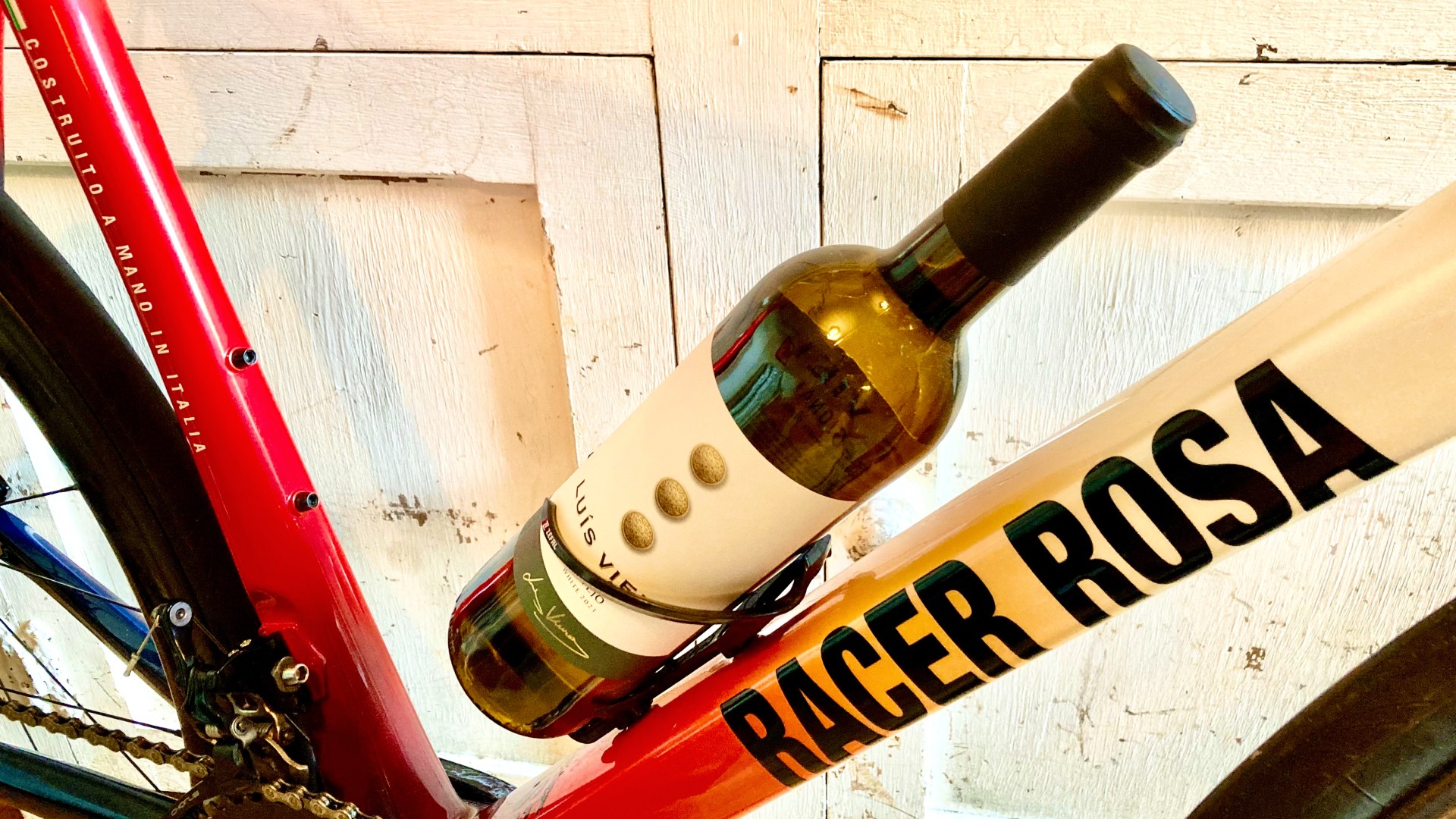
I’ve just gone the whole of January without a single drop of booze. Now I need to decide whether to celebrate ‘passing’ Dry January by drinking the fridge dry or whether to use the learnings from the last 31 days to become a better-educated drinker who makes better choices when it comes to booze and cycling. And who knows, become a better cyclist and even a better person?
How it started
In mid December 2022, I joined the UAE Team Emirates pre-season training camp in La Nucia, Spain for the launch of the Colnago V4RS.
In the ‘good old days’ we cycling journalists used to get wined and dined in five-star hotels just for the launch of a training tyre. It was considered one of the perks of the job. But this time we were only offered water - the same as Pogacar and co. There was no alcohol allowed anywhere and that went for all team personnel and not just the riders.
So at Alicante airport on the way back, I grabbed a litre of export-strength Bombay Sapphire. Home and free from the UAE prison camp, where les forçats de la route (the convicts of the road) was a reality, I downed strong G&Ts for the next few nights.
The units stacked up even more as the countdown to Christmas began.
My Garmin Epix smartwatch didn’t like it. My heart rate variability dipped alarmingly from green ‘balanced’ into orange ‘unbalanced’, and then descended into the hellfire-like red warning triangles of ‘low’.
Meanwhile my training status became ‘strained’. My sleep score plummeted. If the Garmin was to be believed, I was in a bad way. I was feeling dreadful and was training just to make myself feel normal again.
The latest race content, interviews, features, reviews and expert buying guides, direct to your inbox!
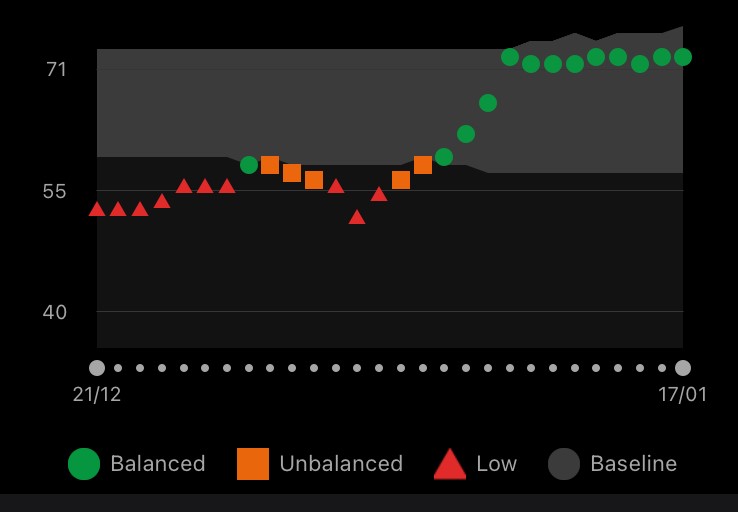
Heart rate variability recovered very quickly after stopping drinking
But it wasn’t just that month of bingeing that made me take a hard look in the mirror at my exhausted, ashen face on that cold, flat New Year’s Day. It’s a bit more complicated than that. Although I wouldn’t class myself as a heavy drinker I don’t stick to the NHS-recommended limit of 14 units per week and for the last few years I’ve never knowingly taken alcohol-free days.
It sounds like a contradiction, but for me alcohol and exercise are two sides of the same coin. If I haven’t been for a ride or a run or done a Zwift session I feel on edge. And then if it gets to about 7pm and there’s no beer or glass of wine I get jumpy too. Then I'll have a couple more glasses of wine with supper.
Some people with addictive personalities replace excessive drinking or drug taking with insane feats of endurance once they’re clean. Or, like George Best and Diego Maradona, they do it the other way round and replace professional sport with industrial-scale drinking.
But I keep the sport and the drinking going simultaneously - though obviously at a more moderate level.
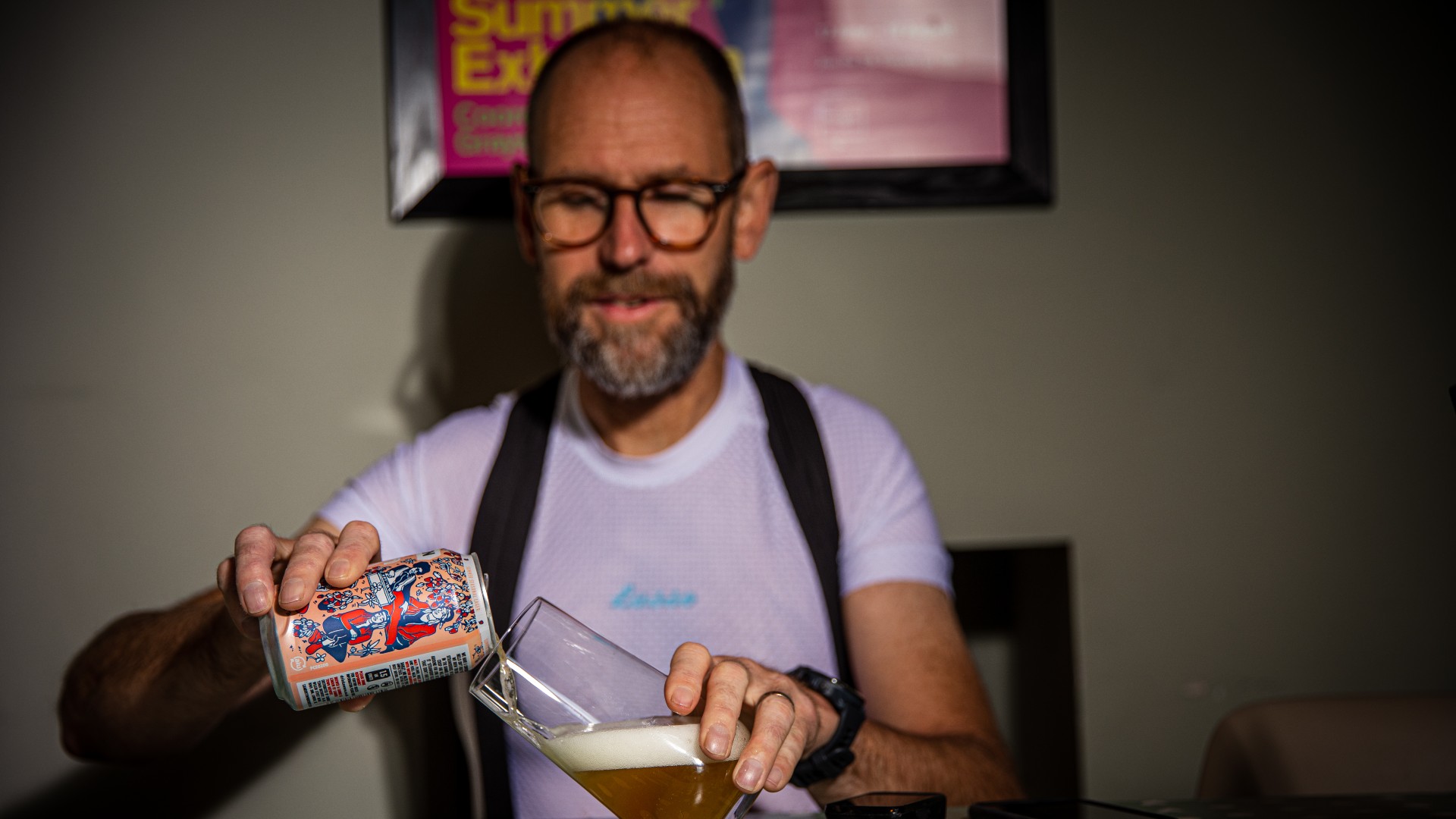
Who doesn't 'deserve' a beer after cycling...
A friend of mine calls his exercise addiction ‘feeding the rat’. I have two rats to feed, Exercise Rat and Alcoholic Rat, and they work as a team. Feeling mildly hungover gives me an extra incentive to train hard. Not so hungover that I can’t face it or my performance is impaired, but just enough to give me something to push against. Then, once I’ve done my session, recovered and am happily basking in that endorphin-infused glow, I’m ready to think about a beer or a glass of wine. With Alcoholic Rat and Exercise Rat both fed, the cycle starts all over again.
It took doing Dry January for me to see it in these terms.
How it's going
So what happened when I caged Alcoholic Rat?
Going without booze on the night of January 1 was obviously easy because I felt sick and full of guilt and remorse, but on January 2 he started gnawing again and the craving for a post-Zwift evening drink came back.
At first I tried ginger and lemongrass cordial but that was no good. I had to trick my tastebuds with something more convincing and settled on an alcohol-free IPA called Infinite, which is actually really tasty - and only 34kcal per can.
After that I didn’t find it too difficult to stop for a month.
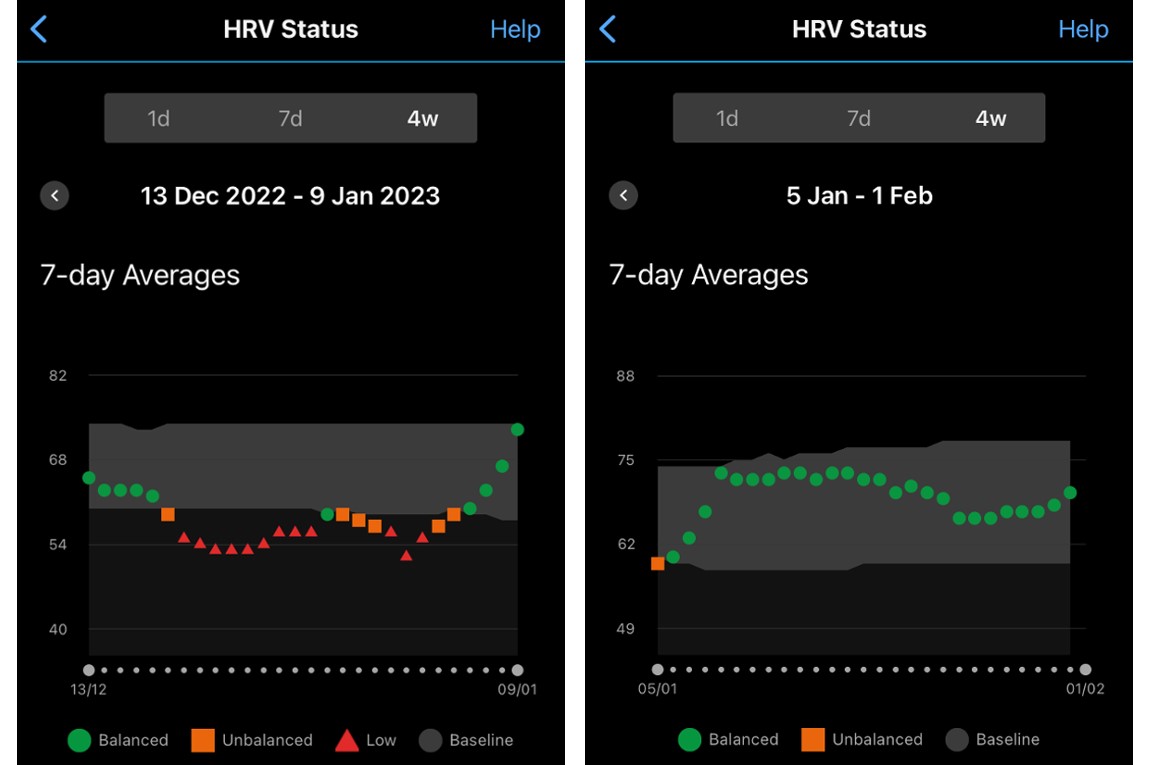
My heart rate variability from December 21 to January 17
Unsurprisingly, I felt brighter, more positive, less grumpy in the mornings, possibly a bit more efficient at work, and the Garmin sleep scores were consistently good or excellent. HRV had soared back up into the green within three days. It was amazing to wake up with a completely clear head.
But with Alcoholic Rat sidelined, Exercise Rat was feeling lonely and lethargic. The problem was, now that I was alcohol free and healthy I lacked motivation to train - and it started to occur to me that these days the only reason I trained was because I drank.
I didn’t lose weight either. I half expected the pounds to start falling off, but I’m still between 67.5 and 69.5kg with 10-11% body fat, the same as always.
I didn’t see any change in cycling FTP (via Zwift sessions) or running V02max as estimated by the Garmin Epix.
And last November when I’d been at my previous level of drinking and exercising, I’d done a PB in my local parkrun and was first over the line in a field of nearly 300. In Dry January I didn’t get near that sort of pace. Earlier in the year I was regularly fastest road bike in the club TTs I rode.
It’s interesting to see that my HRV score was dipping again through most of January after the initial recovery (see the graphic above). And the smug, virtuous feeling was starting to wear off. Not boozing was becoming my new normal, physically and mentally.
What I learnt
So what did Dry January tell me? It wasn’t the revelation for me that it probably is for some people. I like to think this is because my drinking wasn’t at a high enough level to impact my athletic performance.
I didn’t lose any weight, I didn’t get better at cycling or running and I had to find new motivation to train.
But it did confirm that my training had started to become an antidote to drinking. My actual cycling and running achievements in 2022 were incidental - a kind of by-product of structureless training - rather than targets.
Although my drinking was not heavy, I was definitely dependent on it - and I was surprised and pleased that I was able to take a whole month away from it. Now I have the confidence to be able to control it rather than let it control me. As I get older I think this will be important.
Will I go back to drinking?
So will I go back to drinking? Well, as I've said, maybe I wasn’t drinking enough before for it to affect my cycling and running, but permanently drinking more than the recommended weekly limit won't be good for my health in the long term. The evidence is there - booze is bad for you. So I don’t want to be dependent on it on any level. Needing to exercise is good - within safe limits of course - but needing to booze is bad.
I’m aware I haven’t gone into any detail about what alcohol does to the body. Do I need to? Experts largely agree these days that alcohol is bad for your health, even in small quantities. It’s linked to heart and liver disease and cancer. And it’s hard to outtrain it too: the body can’t convert alcohol into glycogen, the essential fuel source necessary for exercise. It is most likely to convert it into fat and store it in fatty tissue. If you want to read more about alcohol and cycling, Chris Marshall Bell wrote an excellent feature called You Booze, You Lose.
So I’m going to have at least three dry nights each week. I think I’ve tamed Alcoholic Rat - and I’d like to encourage Exercise Rat to be a bit more independent.
Additionally, Exercise Rat needs some goals so that he’s not just running around in the wheel for its own sake - or alcohol’s sake - so in February I’m going to sit down with my calendar and enter some time trials after too many quiet years.
Boring as it sounds, it’s all about moderation. I don’t want to be Diego Maradona but I don’t want to be Diego Ulissi either. Somewhere between the two will do me fine.
Simon Smythe is a hugely experienced cycling tech writer, who has been writing for Cycling Weekly since 2003. Until recently he was our senior tech writer. In his cycling career Simon has mostly focused on time trialling with a national medal, a few open wins and his club's 30-mile record in his palmares. These days he spends most of his time testing road bikes, or on a tandem doing the school run with his younger son.
